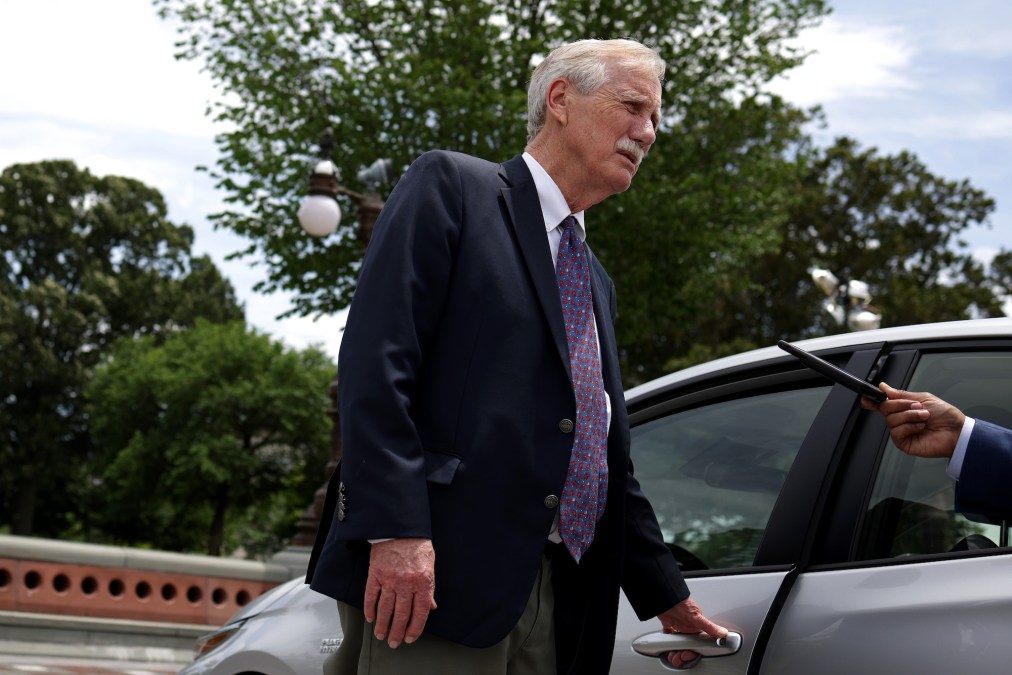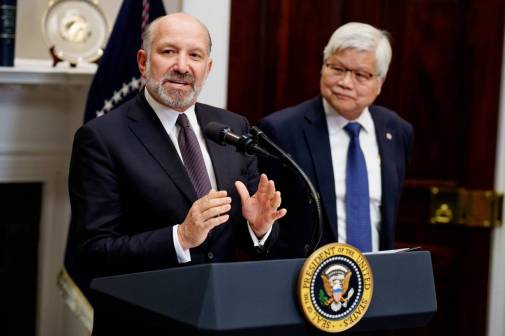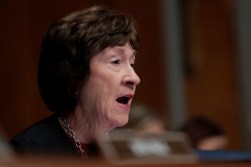Senators float $40 billion to close broadband gap

A bipartisan trio of U.S. senators on Tuesday introduced legislation that would offer up to $40 billion to states, territories and tribal nations to improve the affordability and availability of broadband internet service. The bill, sponsored by Sens. Michael Bennet, D-Colo., Angus King, I-Maine, and Rob Portman, R-Ohio, comes as the COVID-19 pandemic is subsiding across the country, but amid a growing realization that the need for high-speed internet accessibility continues to grow.
The Broadband Reform and Investment to Drive Growth in the Economy Act, or BRIDGE Act, would create a new federal fund for the Commerce Department to make grants to build new networks, particularly in rural, tribal and or “high-cost” areas, which the bill defines as any region where the cost of building broadband service is higher than the average cost nationwide because of remote location, population density, high poverty rates or topography.
The BRIDGE Act’s introduction was first reported by the Washington Post.
Gaps in broadband coverage hobbled responses to the pandemic, as people in underserved areas struggled to connect to health and many government services were forced to go virtual. According to the education advocacy group Future Ready, more than 17 million kids fell into a “homework gap” as schools moved online last year.
The bill also focuses on building “future-proof” networks capable of upload and download speeds of 100 megabits per second, much faster than the Federal Communications Commission’s current broadband definition of 25 Mbps for downloads and 3 Mbps for uploads.
“The coronavirus pandemic has made it clear that broadband is essential infrastructure,” King said in a press release. “Over the last year-plus, Americans of all backgrounds have relied on the internet to work, learn, shop, and stay connected to their loved ones — but at the same time, far too many of our citizens could not access these opportunities.”
The $40 billion in the BRIDGE Act would follow billions of dollars in broadband and connectivity funding spread across multiple rounds of federal pandemic relief, a new $7 billion fund targeting schools and libraries as part of the American Rescue Plan that President Joe Biden signed earlier this year. Vice President Kamala Harris also recently announced $1 billion for broadband service in tribal nations.
The bill also comes as Congress debates a broader infrastructure package that would invest in roads, bridges and utilities, in addition to broadband. The White House’s original $2 trillion proposal called for $100 billion in broadband funding; Portman is part of group of 10 senators trying to craft a smaller plan that would total about $1 trillion.
Along with the investments in new, high-speed internet service, the BRIDGE Act would also require new networks to provide at least one low-cost option for low-income customers. It also seeks to lift bans on municipal broadband programs, which are prohibited in 22 states and restricted in several more.
But language recently added to a proposed budget in Ohio, Portman’s home state, would outlaw municipal broadband networks, several of which already exist around the state.






